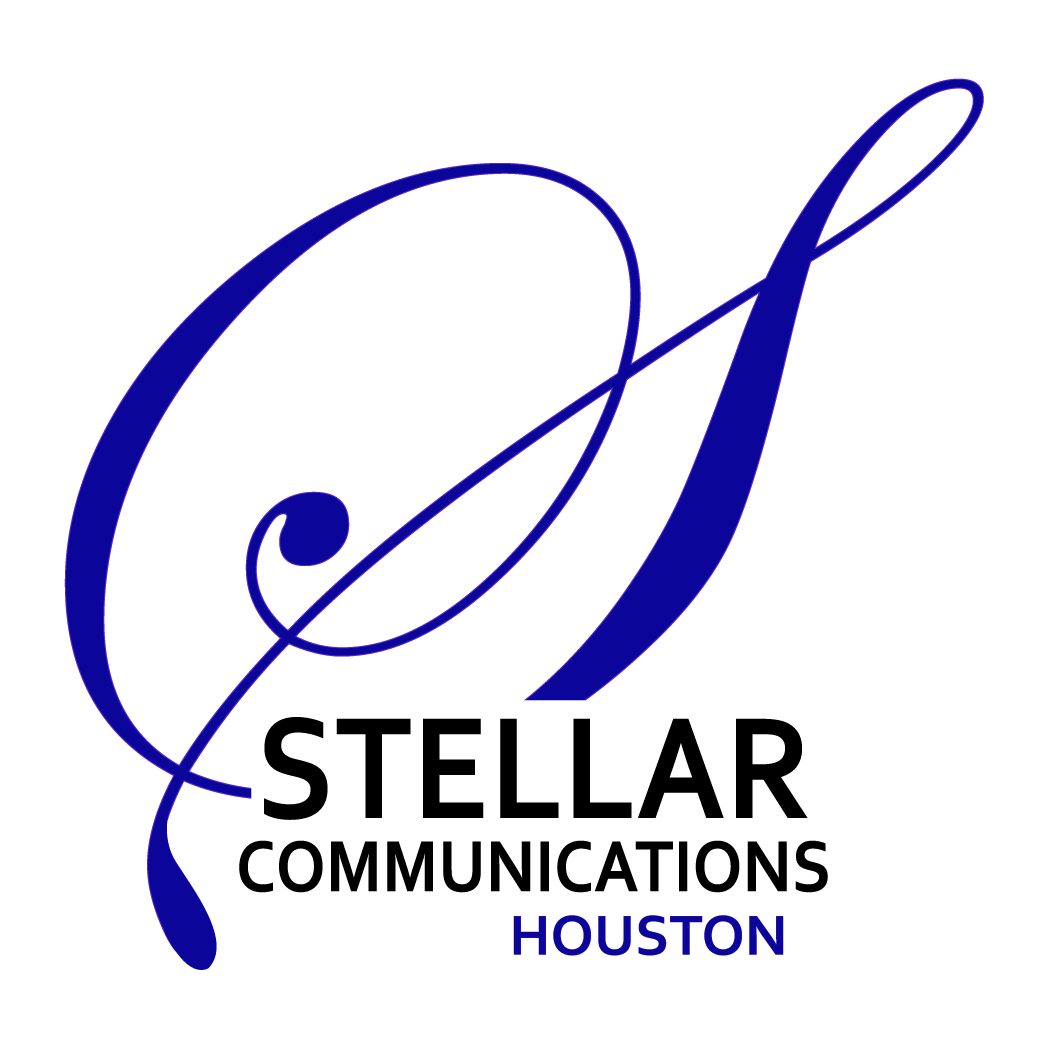
Have you ever read the Choose Your Own Adventure book series? They give the reader the delightful power to direct characters through plot twists to their favorite ending.
Unfortunately, we’ve been hearing from too many authors who consider books anything but a great adventure. When it comes to publishing, they don’t feel any sense of control over their own book. Some are staring uncertainly at the options while others are feeling disappointed and disillusioned with their publisher.
It doesn’t have to be that way. It shouldn’t be that way.
We’ve seen the guts and dedication it takes to pour your story onto paper. It’s time to reclaim your sense of adventure and power in publishing by bringing some clarity to your next step: Choosing your publisher.
Let’s take a look at four publishing options. We’ll give you a few pros and cons of each path – as well as the two questions that should guide your decision.
Traditional Publishing
This is the traditional way that authors were published before self-publishing came along. In traditional publishing, you take the time to research the publishers that may be interested in your manuscript, send them a query letter, and wait to find out if they will represent your book. An interested publisher will purchase the rights to your manuscript.
Pros: There are big benefits. The publishing house often bears all or most expenses. Also, you and your book have instant credibility as well as an opportunity for broader reach.
Cons: Waiting to hear back from publishing houses can be very time-consuming since it can sometimes take more than six months. And because many people are vying for a chance with them, the odds of being selected are competitive. Most will expect you to approach them through an agent and to be able to prove how you are already a marketable author. Also, the traditional publisher owns the rights, which means they have the control of your book. This impacts the amount of royalties you receive from sales and means that they have the final say on every aspect of the book. They may also have additional stipulations, such as social media management or required attendance at book conferences.
Hybrid Publishing
This is an emerging way that authors are published today. In hybrid publishing, you take the time to research the publishers that may be interested in your manuscript, send them a query letter, and find out if they will represent your book. An interested publisher will purchase the rights to your manuscript. It’s called “hybrid” because it’s a cross between traditional and self-publishing.
Pros: The publishing house bears some of your expenses and may offer some of its marketing and PR leverage. And depending on the reputation and quality of the publisher, you and your book may have more credibility and reach than if you published yourself.
Cons: You’ll be expected to pay a portion of the cost of publishing, but the publisher will own the rights to your book, which means they have control of your book. This impacts the amount of royalties you receive from sales. Some hybrid companies promote a “partnership” in which you and the company invest the same resources, but in reality, they may limit their efforts to your investment. Cheaper isn’t better in publishing because what you pay is usually what level of services you get. And although they may offer support in marketing and PR, the burden of book sales is still mostly on you as the author.
Self-Publishing
In self-publishing, you own the rights to your book and are responsible for every aspect of the project. This path is available to any author who wants to be the publisher of his or her own book.
Pros: With the development of Printing on Demand (POD), publishing is now easily accessible to any author. You no longer have to wait on traditional publishing houses to see your book in print. A main benefit of this path is that it’s often the most affordable way to publish. Another main benefit is retaining control of your book. You call the shots on what it says, what it looks like, and when it is published.
Cons: The downside to making every decision on your own is that you may not be making the best decisions. This path can also feel pretty confusing and overwhelming at times because of the hundreds of big and small decisions and research that come with creating a book on your own. Some online platforms don’t allow you to speak directly with your editor or formatter, which means things can get lost in translation. Unfortunately, a tell-tale sign of a self-published book is when quality is sacrificed for the sake of the budget. For this reason, readers can often spot a “do it yourself” book and won’t take the writing seriously. So although it’s monetarily most affordable, this path can cost your credibility and hurt your marketing efforts.
Self-Publishing with Author Services
Companies that help authors self-publish take several forms. They may be called Author Services or Assisted Self-Publishing Services. It is a model in which a book publishing team manages the self-publishing process for you. This means they can handle everything from editing, formatting, and cover design to printing, distribution, marketing, PR, and account management. They bridge the gap between traditional and self-publishing so that self-published authors have the benefits of publishing professionals while retaining control. This describes our model, so we’ll tell you the pros and cons of our approach. But when you’re contacting an Author Services professional, be sure to ask a lot of questions because each company does things a little differently.
Pros: This option is for authors who are ready to begin the process of publishing a manuscript – and who want collaborative guidance on how to do it. We advise you on the best choices for your book, providing honest feedback and other considerations. It’s an intimate process with a lot of back-and-forth on ideas and details. Because you foot the bill, you keep 100% of the royalties. You retain control of the process and the book while relying on experts for quality work. This collaboration impacts your marketing efforts because the public sees that you’re more than a “one-man band” – your book cover and marketing materials show that you’re backed by a publishing company.
Cons: Engaging a project manager throughout the process makes this option more costly. And because book publishing is so competitive, it’s difficult to see ROI on book sales alone.
Some Driving Questions
As you consider your publishing options, ask yourself these three questions:
#1 What am I willing to spend in time and money?
Publishing requires a steep investment of your time or your money. Are you willing to spend time to save money, or to spend money to save time? Identifying which resource you want to spend will help you narrow down which of the four publishing paths is the best starting point for you.
#2 What experience and outcome do I value most?
Do you want the credibility of a traditional publishing house, the savings of self-publishing, or the ease and professionalism of a publishing team? Prioritize your list of goals to find out which you value most. For example, some authors value wide audiences and sales while others value a legacy they can pass on to their children. Some want to invest in building a brand while others want to publish as inexpensively as possible. When you’re honest with yourself, your goals will further clarify the type of publisher that is right for you.
#3 What do I know about the team with whom I’m considering partnering?
Once you have narrowed down the type of publisher that is right for you, it’s time to identify professionals in that business model with whom you can work. Do some research to make sure you feel good about the specific publishing team you have in mind. Meet with the team to find out if the relationship feels right. Check online testimonials and reviews to see what other authors say about them. If possible, connect with a few of their authors and ask about their experiences. It’s worth taking extra time to find the best fit.
Now that you have some clarity on the paths to publishing, you can take your next step with confidence. Choose your own adventure!
 Ella Ritchie is the founder of Stellar Communications Houston, a nonfiction book publishing and marketing team for self-published authors, business leaders, families, and nonprofits. Subscribe to the blog for monthly nonfiction book publishing and marketing tips.
Ella Ritchie is the founder of Stellar Communications Houston, a nonfiction book publishing and marketing team for self-published authors, business leaders, families, and nonprofits. Subscribe to the blog for monthly nonfiction book publishing and marketing tips.
